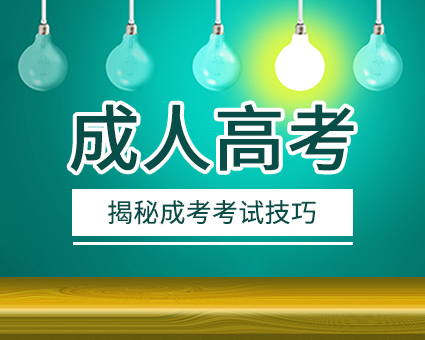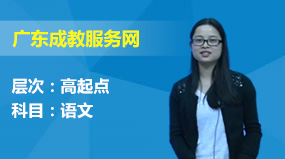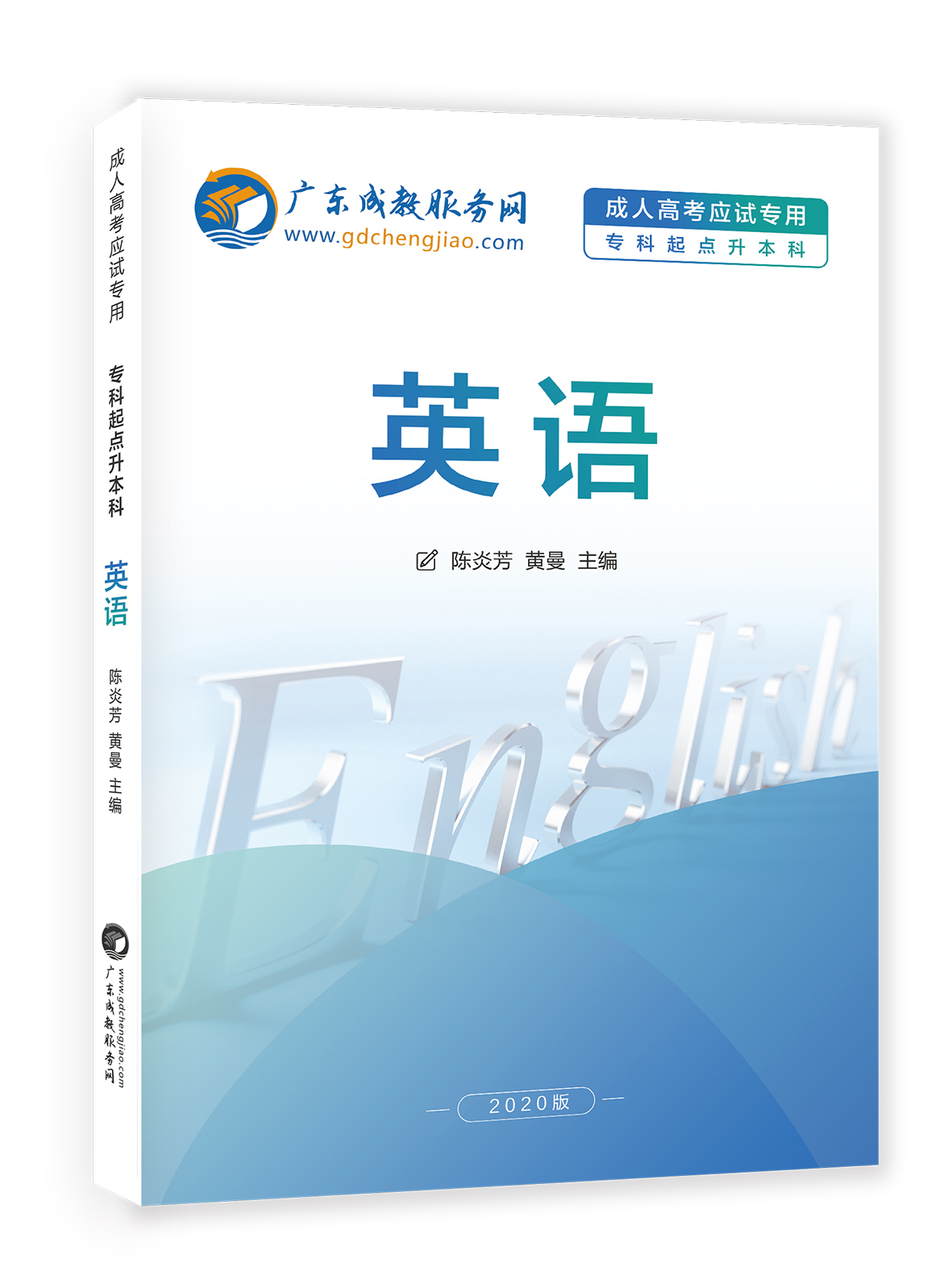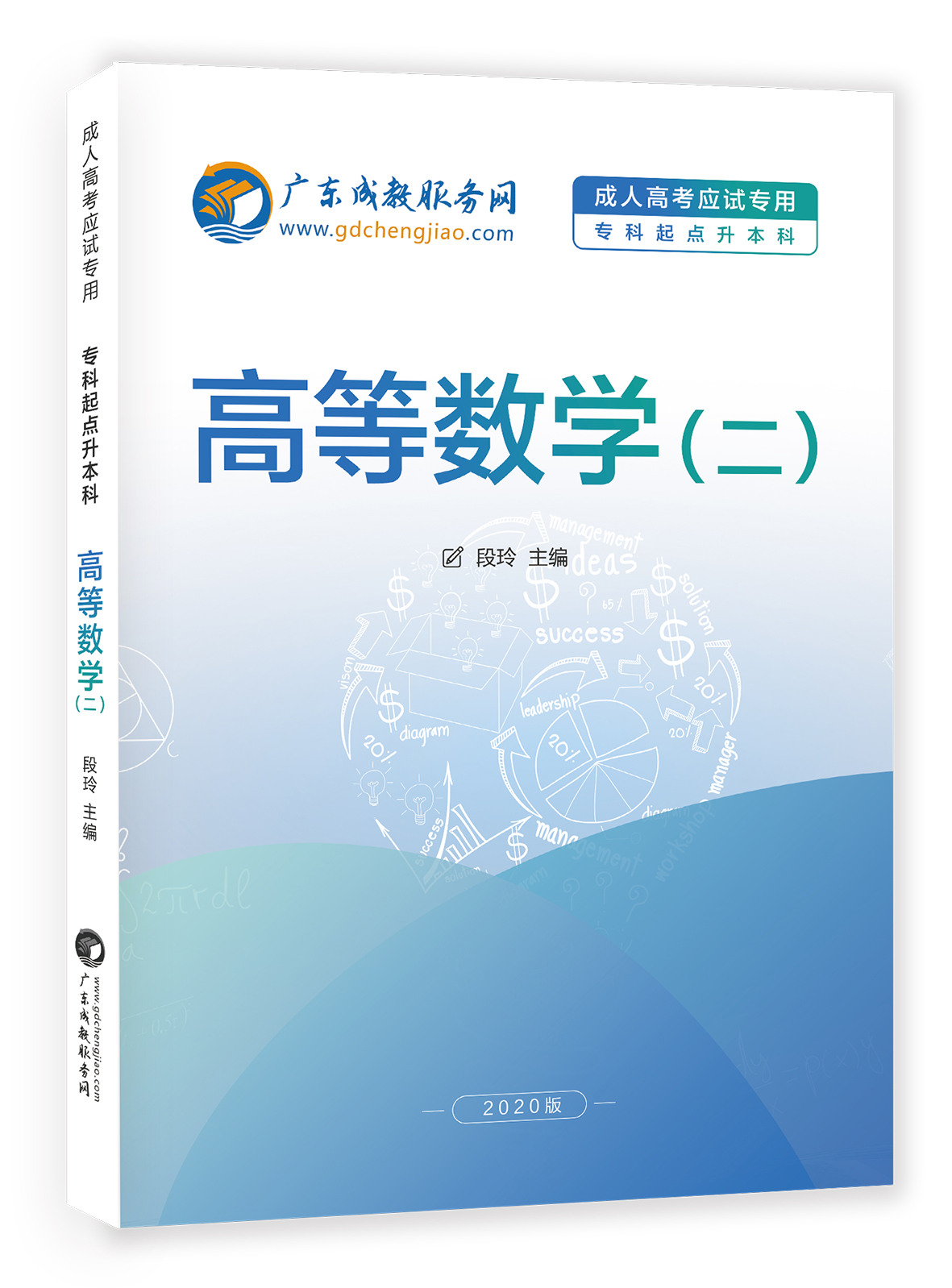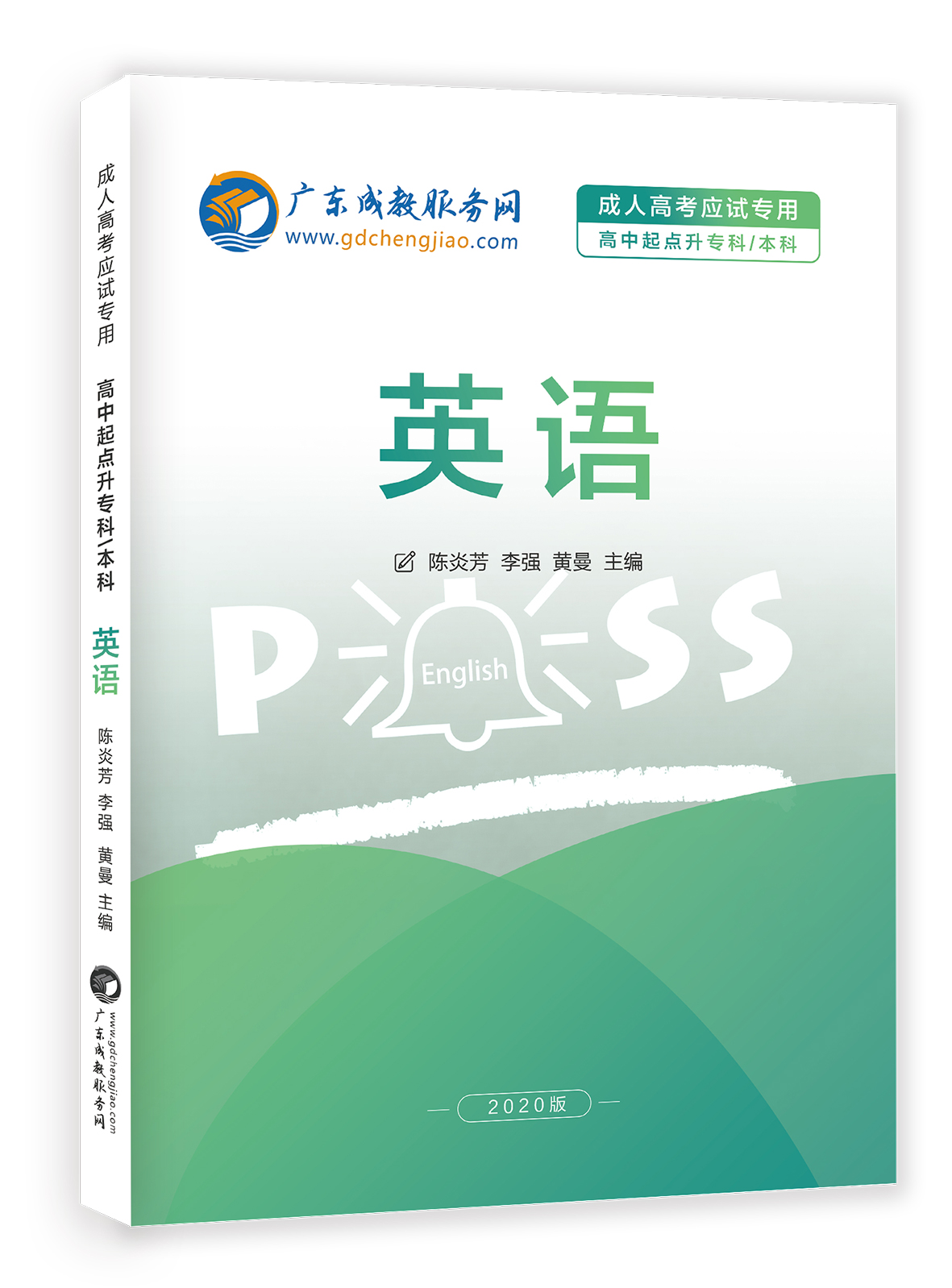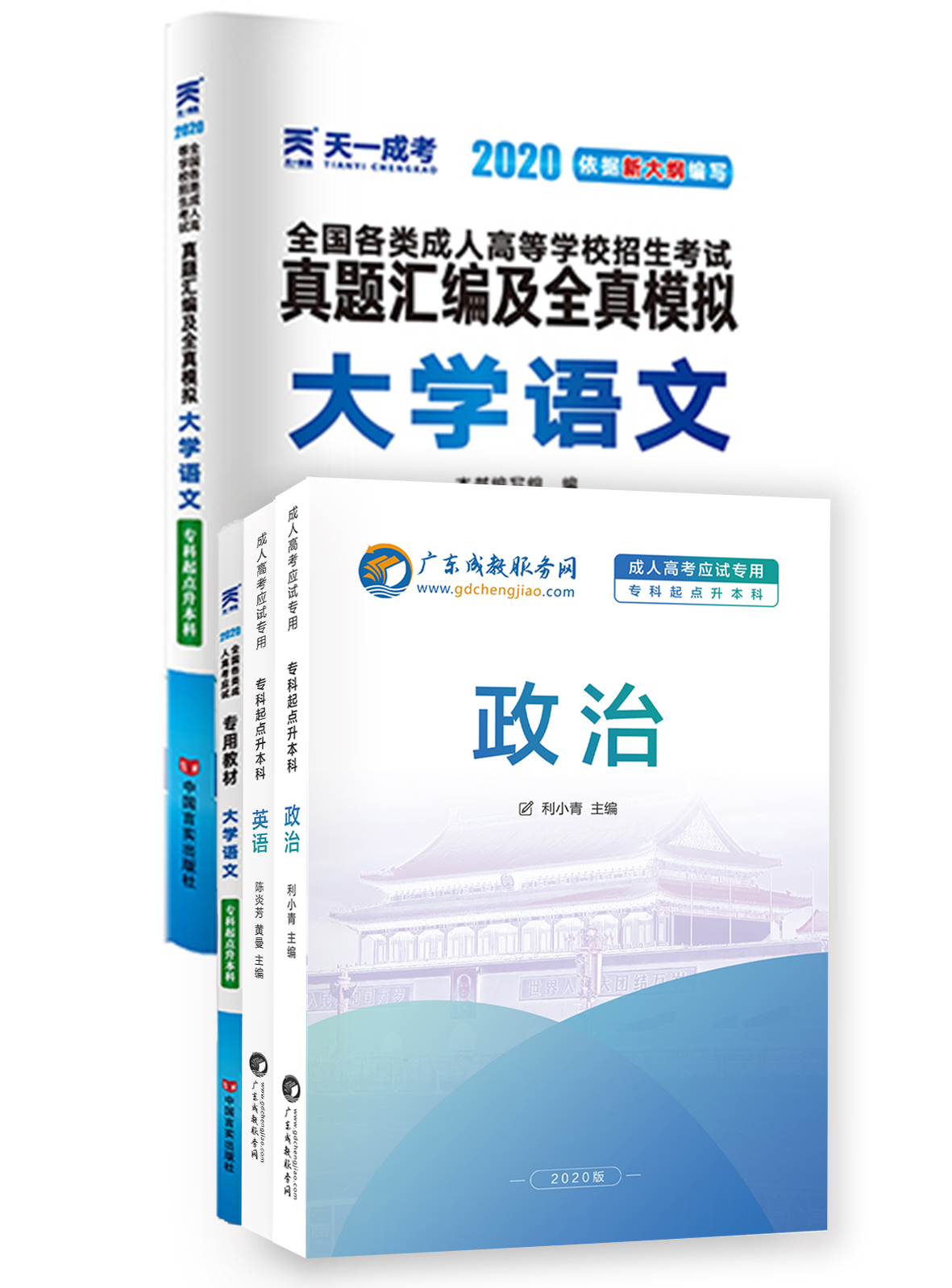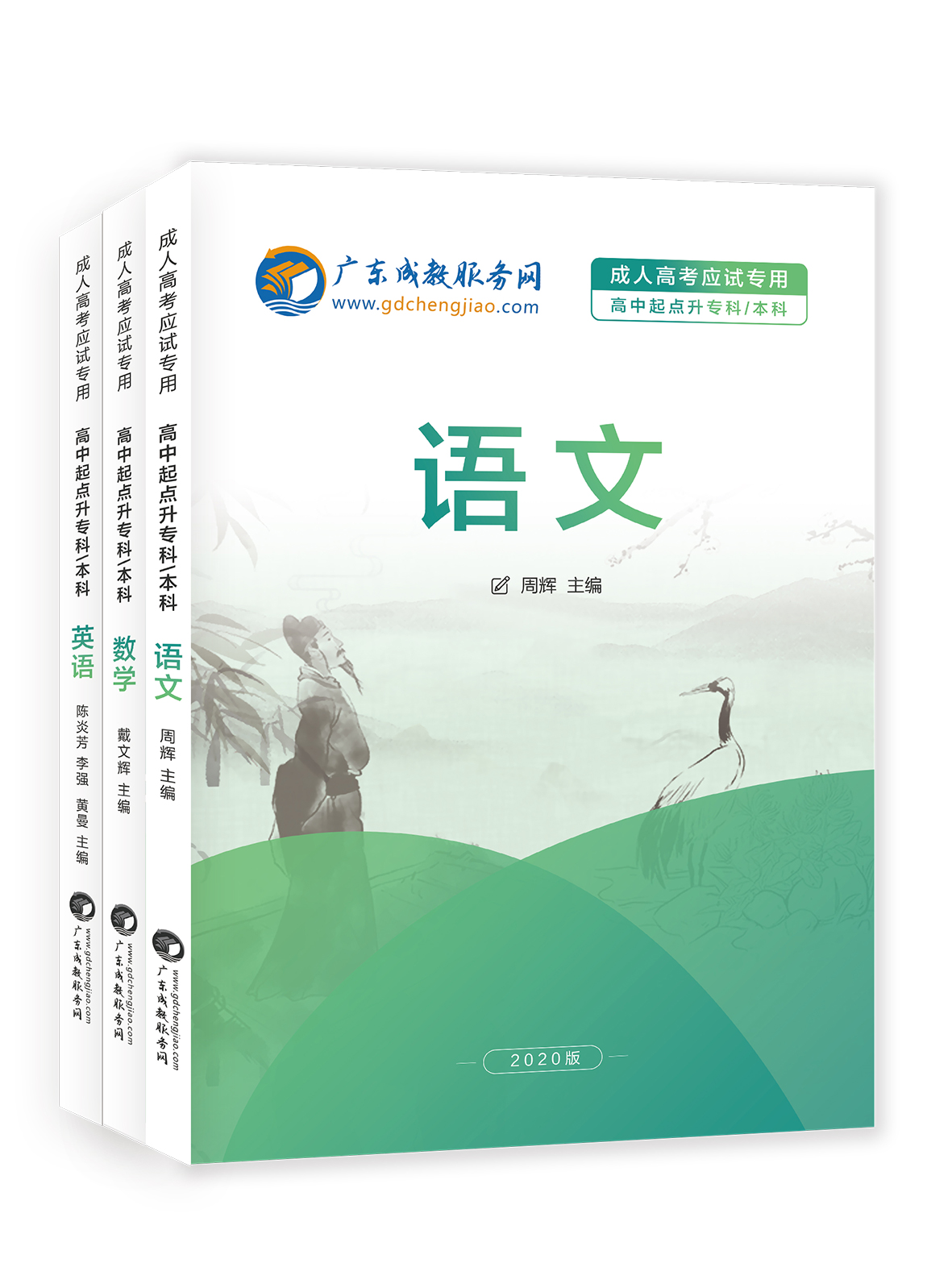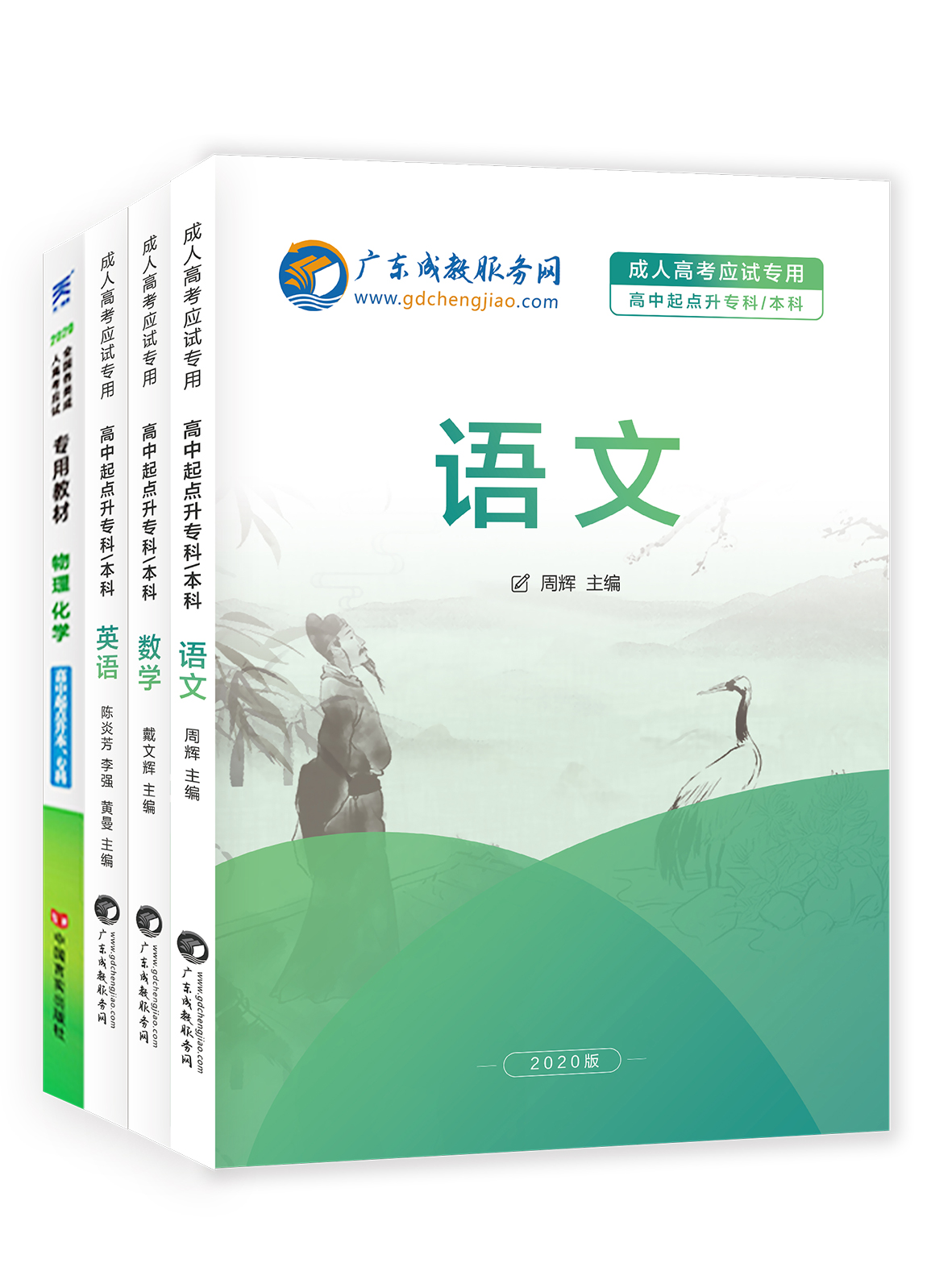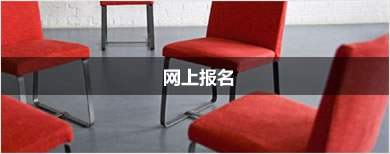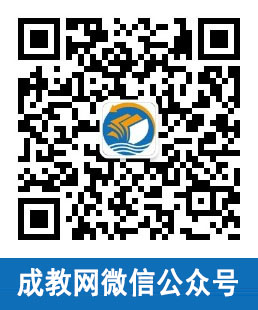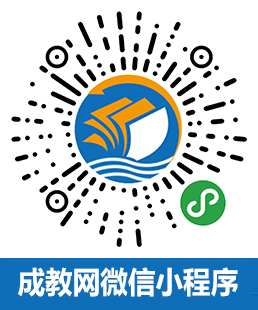成人高考英语高起点模拟试题及答案第十三套
一、语音知识(共5小题;每题1.5分,共7.5分。)
在下列每组单词中,有一个单词的划线部分与其他单词的划线部分的读音不同。找出这个词,并把它前面的大写字母填入左边括号里。
( )1.A. either B. fail C. decide D. try
( )2.A. curtain B. paint C. sail D. straight
( )3.A. country B. courage C. pronounce D. double
( )4.A. carriage B. idiom C. immediate D. material
( )5.A. neither B. thirsty C. through D. thousand
二、词汇与语法知识(共25小题;每题1.5分,共37.5分。)
从每个小题的四个选项中,选出最佳的一项,并把它前面的大写字母填入左边的括弧里。
( )6. What would you ________ to eat tonight?
A. like B. wish C. want D. hope
( )7. I ________ my bicycle on the left side.
A. get off from B. get down C. get down from D. get off
( )8. Coal ________ electricity very often.
A. is used to producing B. is used to produce
C. used to produce D. used to producing
( )9. Why can‘t you do this small _______ for me? I’ve helped you often enough in the past.
A. work B. demand C. favour D. good
( )10. Never _______ till tomorrow what may be done today.
A. put on B. put away C. put off D. put up
( )11. Mother kept inviting Mrs. Smith to stay for lunch, and finally she _______.
A. gave out B. gave off C. gave in D. gave away
( )12. France is ________ only European country I have visited.
A. an B. a C. the D. 不填
( )13. The problem of pollution in this city is more serious than ______ in other cities.
A. that B. it C. this D. those
( )14. Dick found himself walking _______ the direction of the post office.
A. to B. by C. along D. in
( )15. _______ that we were late, we started to run.
A. Know B. To know C. Knowing D. Being known
( )16. This room is _______ any of the others in the building.
A. the biggest than B. big as
C. bigger than D. the biggest of
( )17. Just think Ann got the house _______ all by herself!
A. paint B. be painted C. to paint D. painted
( )18. The policeman caught the man _________ the arm.
A. by B. with C. on D. at
( )19. To get an education, _______.
A. one must work hard B. working hard is important
C. to work hard is necessary D. it is needed to work hard
( )20. The old man could not decide ________ the money or to put it in the bank.
A. if he spent B. whether to spend C. that he spent D. what to spend
( )21. I wish you‘d consider _______ to Miami with us this vacation.
A. going B. that you‘ll go C. to go D. to going
( )22. I think I‘ll wait until the mail _______.
A. should come B. is coming C. comes D. will come
( )23. We found ________.
A. the work hard for doing B. hard to do the work
C. it hard for doing the work D. the work hard to do
( )24. Professor Bixby warned his students ________ late for the examination.
A. not be B. to be not C. not to be D. be not
( )25. I don‘t know what I’d have done if I _______ to make that decision.
A. would have B. had had C. have had D. did have
( )26. I don‘t know how to play bridge and ________.
A. my wife doesn‘t neither B. my wife does either
C. neither does my wife D. neither my wife does
( )27. He asked ________ since he had been chairman for seven years.
A. not to have been re-elected B. to not be re-elected
C. not to be re-elected D. to have not been re-elected
( )28. The guests said that they wouldn‘t mind _______.
A. to have a little light music B. have a little light music
C. having a little light music D. that they have a little light music
( )29. Last night we caught a thief _______ John‘s car.
A. when stealing B. that be stole C. to steal D. stealing
( )30. Without the invention of writing, a man ________ to remember so many things which he can write down or find in a book.
A. is forced B. will be forced C. forced D. would be forced
三、完形填空(共20小题;每题1.5分,共30分。)
通读下面的短文,掌握其大意。从每小题的四个选项中选出可填入相应空白出的最佳选择,并把它前面的大写字母填入左边括弧里。
The common cold is familiar to everyone. People often catch cold in __31_ winter or spring. They may __32_ catch cold at other times __33_ the year. A person with __34_ bad cold usually buys some __35_ of medicine. Pharmacies have many __36_ for a cold. However, doctors __37_ that these medicines do not __38_ very much. They that __39_ person with a bad cold __40_ stay in bad, keep warm, and drink a lot of water.
In 1928 an English doctor was working in his laboratory in London hospital. The doctor‘s name _41_ Alexander Fleming. One day he _42_ a tiny bit of mold (黴) _43_ a dish that he was _44_ in his work. He started _45_ throw the mold away. Then _46_ noticed that it seemed unusual. He _47_ the mold and studied _48_ for a long time. He _49_ that it could kill germs. He _50_ it penicillin.
( )31.A. a B. the C. some D. none
( )32.A. too B. also C. to D. still
( )33.A. at B. from C. of D. on
( )34.A. some B. a C. one D. the
( )35.A. kind B. set C. quantity D. deal
( )36.A. medicine B. much C. medicines D. doctors
( )37.A. tell B. speak C. talk D. say
( )38.A. helps B. help C. helping D. helped
( )39.A. many B. some C. a D. one
( )40.A. ought B. shall C. to D. should
( )41.A. is B. was C. called D. be
( )42.A. finding B. founded C. found D. finds
( )43.A. in B. among C. above D. into
( )44.A. playing B. using C. cooking D. making
( )45.A. to B. and C. but D. by
( )46.A. she B. Dr C. it D. he
( )47.A. kept B. keeps C. keep D. keeping
( )48.A. them B. mold C. it D. him
( )49.A. knew B. studied C. invented D. discovered
( )50.A. calls B. named C. made D. liked
四、阅读理解(共15小题;每题2分,共30分。)
阅读下列短文,然后根据短文的内容从每小题的四个选择项中选出最佳的一项,并把它前面的大写字母填入左边的括弧里。
A
It was January 1848. A man was digging near the small village of San Francisco, California, Suddenly, he saw something shiny—gold.
By the next year the California gold rush had begun. Thousands of men came to California. They were called “forty-miners” after the year 1849. The forty-miners came from all around the USA. They even came from other countries, including Mexico, Australia, China, France, and England. They left their families and jobs, and made the difficult trip to California. They all shared a dream. They all wanted to make a fortune in gold.
Towns and camps grew quickly wherever gold was found. These towns were rough places. There was almost always a saloon, where the men drank whiskey and gambled at cards. In mining towns, men stole and sometimes killed for gold.
Did the miners make their fortune? Some did, especially those who came early were lucky. In 1848, miners usually made about twenty dollars a day. In 1852 miners made about six dollars a day. Many other people came to California to make money from the miners. Prices were very high. A loaf of bread, which cost five cents in New York, cost almost a dollar in San Francisco.
In 1848 San Francisco had been a village. Six years later it was a city with a population of 50,000. In 1850 California had enough people to become a state.
( )51. In 1849 thousands of men came to California because _______.
A. they were forty-miners B. they wanted to find gold
C. they had families D. California was a beautiful place
( )52. Towns and camps _________.
A. grew quickly B. grew where there was a saloon
C. grew where there was no gold D. grew fast wherever there was gold
( )53. Some of the miners who were lucky _________.
A. made twenty dollars B. made their fortune
C. made bread D. became poor
( )54. The towns of the old West were rough places ________.
A. where people fought a lot B. where there are mountains
C. where there is no water D. with irregular land
B
Baseball is America‘s most popular sport. In a baseball game there are two teams of nine players. Players must hit ball with a bat and then run around four bases. A player who goes around all the bases scores a run for his team. The team that finishes with more runs wins the game.
Where did baseball come from? No one knows for sure. Many people believe that the idea came from a game played by children in England. Other people believe that a man named Abner Doubleday invented the game in Cooperstown, New York, in 1839. But the first real rules of baseball were written in 1845 by Alexander Cartwright. Two teams from New York played a game following Cartwright‘s rules. The rules worked well. Soon there were many teams.
These early teams were not professional. They played only for fun, not money. But baseball was very popular from the start. Businessmen saw that they could make money with professional baseball teams.
The first professional team was started in 1869. This team was the Red Stockings of Cincinati. Within a few years there were professional teams in other cities. In 1876, these teams came together in a league, or group, called the National League. The teams in the National League played one another.
In 1901, a new league, called the American League, was formed. To create some excitement, in 1903, the two leagues decided to have their first-place teams play each other. This event was called the World Series.
Each year since then the National League winner and the American League winner play in the World Series. And, each year, millions of people look forward to this exciting sports event.
( )55. A group of people that play together is _________.
A. a team B. a league C. a game D. a player
( )56. A wooden stick used to hit a ball in baseball is called ________.
A. a ball B. a sport C. a bat D. a stick
( )57. When a player runs around all four bases he makes ________.
A. a four B. a winner C. a run D. a game
( )58. When teams play sports for money they are ________.
A. businessmen B. fun
C. professional D. amateur
C
Legend tells us that the city of Rome was established in 152 BC. It‘s a fact, however, that by 100 AD, Rome was the center of a vast empire. It ranged from Syria in the east to Spain in the west. It stretched from Britain in the north to Africa in the south. All or part of 27 of today’s countries were included in the Roman Empire. All of their people were ruled by one government, that of Rome. All educated citizens spoke the same language, Latin. And one of the empire‘s many outposts was called Londinium. This unimportant town would later become London, England, and the center of another empire.
The Roman Empire collapsed about 1,5000 years ago. Yet in some ways, it is still with us. Take the letters you are reading fox example. English, like many other languages, uses the Roman alphabet while also borrowing many word. The laws of many European countries are based on ancient Roman laws. Roman ruins are scattered throughout Europe,
North Africa, and the Middle East. In some places, Roman roads and water courses are still in use. To this day, and European in North Africa is likely to be called “Roumi”—Roman. Even modern place names are often inherited from ancient Rome. Both Greece and Germany bear the names given them by the Romans rather than the names that their own people first called them.
( )59. The most northern part of the Roman Empire was _______.
A. Spain B. Africa C. Syria D. Britain
( )60. The main idea of paragraph 2 is that Roman culture is ________.
A. dead and buried B. based completely on language
C. still part of the present D. unimportant to history
( )61. In the days of the Empire, the Roman government was probably _______.
A. strong B. divided C. weak D. poor
( )62. What happened first?
A. Londinium was an outpost B. The Roman Empire fell apart.
C. The city of Rome was founded. D. London became the center of an empire.
D
When water is heated until it boils, bubbles of gas appear and rise through the hot liquid. When an electric current passes through water in a process called electrolysis (電解), bubbles of gas appear and rise through the liquid. Superficially (表面地), the two events appear same.
If the gas from the boiling water is examined, its properties are found to be the same as those of the water, Thus, if the steam is cooled to room temperature, a liquid is formed which is indistinguishable from the original water. When, however, the gas from the electrolysis equipment is cooled to room temperature, it remains a gas rather than becoming a liquid. Nor will it, at zero degrees centigrade or below, turn to solid, as will the gas from boiling water, These two processes, boiling and electrolysis, have clearly resulted in products with quite different properties.
In boiling, the gas does not represent a new substance, but only a different state of the original substance. Electrolysis, on the other hand, has generated a product which is a new substance, or possibly a mixture of new substances. A change in state as represented by going from a liquid to a gas without the production of new substances in called a “physical change”。 However, when a process takes place that produces new substances, this is called a “chemical change” or a “chemical reaction”。 In a chemical reaction, the initial substances are replaced by a new set of substances or products.
( )63. Which of the following is the best title for this passage?
A. Electrolysis B. Physical and Chemical Changes
C. Different Types of Water D. Water Temperatures
( )64. At a temperature slightly above zero degrees centigrade, which of the following is true of gas produced by electrolysis?
A. It does not become liquid. B. It cannot be distinguished from water.
C. It becomes a solid. D. It expands greatly.
( )65. The passage is developed in the way of ________.
A. argumentation B. narration
C. comparison D. listing examples
五、补全对话(共5句;每句满分为3分,共15分。)
根据中文提示,将对话中缺少的内容写在线上。这些句子必须符合英语表达习惯,打句号的地方,用陈述句;打问号的地方,用疑问句。
提示:Wilson太太的丈夫生病了,发烧,头疼得厉害。她打电话给格林医生,请他们到家里来一趟。格林医生简单询问情况后,答应马上就到。
Mr. Wilson:Hello, this is Alice. Is Dr. Green there?
Dr. Green :Yes, _________66________.
Mr. Wilson:Dr. Green, sorry to call you up at this time of the day. But my husband is very sick. I am rather worried. _________67_________?
Dr. Green :Yes, certainly. _________68_________? It will help me to decide what to prepare before I come.
Mr. Wilson:Well, I can‘t tell exactly, but _________69_________.
Dr. Green :All right then. Don‘t worry. Keep him in bed. _________70_________.
Mr. Wilson:I‘ll do that, Dr. Green. See you soon.
Dr. Green :See you.
六、书面表达(共30分)
提示:请根据以下平面图写一篇短文向人介绍你们学校。
注意:(1)要包括图中所有内容,且叙述要连贯;
(2)词数为100左右。
参考答案
一、语音知识
1.B 2.A 3.C 4.A 5.A
二、词汇与语法知识
6.A 7.D 8.B 9.C 10.C 11.C 12.C
13.A 14.D 15.C 16.C 17.D 18.A 19.A
20.B 21.A 22.C 23.D 24.C 25.B 26.C
27.C 28.C 29.D 30.D
三、完形填空
31.B 32.B 33.C 34.B 35.A 36.C 37.D
38.B 39.C 40.D 41.B 42.C 43.A 44.B
45.A 46.D 47.A 48.C 49.D 50.B
四、阅读理解
51.B 52.D 53.B 54.A 55.A 56.C 57.C
58.C 59.D 60.C 61.A 62.C 63.B 64.A
65.B
五、补全对话
66.Speaking
Dr. Green speaking
this is Dr. Green speaking
67.Could you come to my (/our) home
68.What‘s the matter with him
What‘s wrong with him
69.he has a fever (/temperature) and a terrible (/bad) headache
he‘s running a fever and having a terrible (/bad) headache
70.I‘ll be there (/in your house) in a few minutes (/in a moment/soon/ immediately/ right away)
六、书面表达
Our school is large and beautiful. When you enter the school gate, you can see a magnificent building. It‘s our teaching building. We have our classes there.
Behind the teaching building there is a small garden with a lot of flowers and a fountain. On the left side of the garden there is an experiment building. We do our physics and chemistry experiments there. On the right side there is another two – storeyed building. You can find several language labs and computer rooms in it.
At the back of the schoolyard is our library. It is full of various books and magazines.
On the west end is the playground, where we spend most of our time after school. On the east end you can see a few dormitory buildings. They are both for students and teachers. Our dining hall is located among them.




